Skip Hire Waste Restrictions
Waste restrictions
What you can't put in a skip
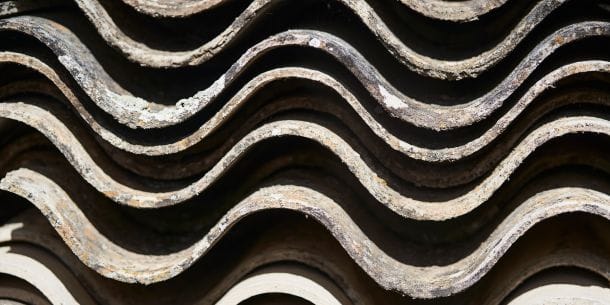
HAZARDOUS WASTE
Hazardous waste is typically defined as any waste that poses a risk to your health or to the environment, this includes chemical waste items that contain hazardous chemicals, such as paint, solvents, and cleaning products. Asbestos is a known carcinogen that requires special handling and disposal methods due to its harmful impact to human health.
Lead-acid, lithium-ion, and other types of batteries contain toxic materials that are harmful if not disposed of correctly. Fluorescent tubes and bulbs contain mercury, which can cause environmental contamination.
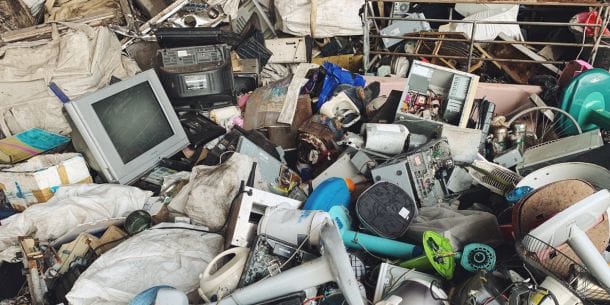
ELECTRONIC EQUIPMENT
Items that fall under this category, often referred to as WEEE (Waste Electrical and Electronic Equipment), include old televisions and monitors, many contain hazardous materials and should be recycled at designated facilities.
Computers and laptops. The components, including batteries and circuit boards, can be harmful if disposed of in landfills. Appliances such as refrigerators, freezers, and other household appliances often contain refrigerants and other harmful substances that require specific disposal procedures.
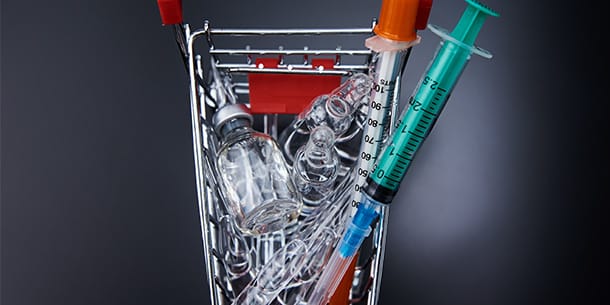
MEDICAL AND FOOD WASTE
Medical waste, including syringes and needles. These pose a direct health risk due to the possibility of needle-stick injuries and contamination. Medicines, expired or unused prescription medicines must not be disposed of in skips as they can pose significant risks if ingested by animals or humans. Hospital waste such as any materials contaminated with bodily fluids or pathogens.
Skip companies do not allow food waste, which can attract pests and create unpleasant odours. Local councils often provide specific food waste collection services instead.
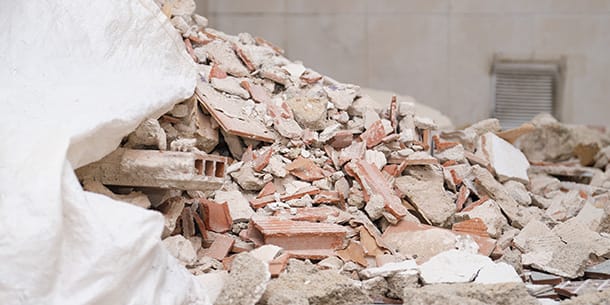
DEMOLITION WASTE
While skips are often used for construction projects, certain types of construction waste are not permitted, including, Asbestos tiles and sheets. As mentioned earlier, these require specialised handling due to the harmful effects they have on human health.
Certain types of concrete and bricks, depending on their composition, could be classified as hazardous. Also pre 2007 construction waste such as timbers, roofing felt and other items may be contaminated and have to be separated from other waste streams.

TYRES & VEHICLE PARTS
Tyres are made from rubber and various other materials, making them difficult to break down. When disposed of improperly, they can leach harmful substances into the soil and water supply. Additionally, tyres take a long time to decompose, leading to increased landfill waste. The Environment Agency strictly regulates the disposal of tyres to ensure that they are processed in an environmentally friendly manner.
Vehicle parts, similarly, often contain hazardous materials such as oils, batteries, and other chemicals that can pose a threat to the environment if not handled properly. These components require specialised recycling processes to recover reusable materials and eliminate any potential environmental hazards.
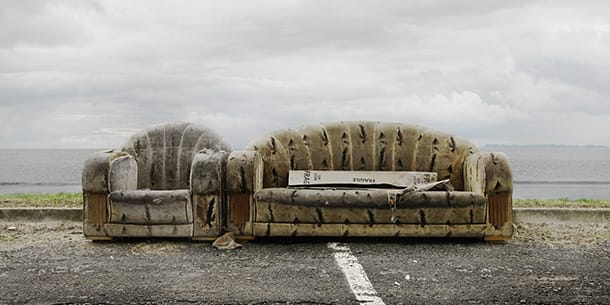
POPs Waste
The disposal of POPs waste (Persistent Organic Solutions) which is found on upholstered furniture such as sofas, armchairs, mattresses, footstools and other house hold fabrics, requires careful consideration and adherence to both safety and legal standards. Placing such materials in a skip not only poses risks to health and the environment but can also lead to significant legal and financial consequences.
Proper disposal methods must be followed, and engaging with professionals who specialise in hazardous waste is the best course of action to ensure compliance and protection for all involved. By understanding the nature of pops waste and the importance of proper disposal, individuals and businesses can contribute to a safer environment and comply with regulations designed to protect public health.
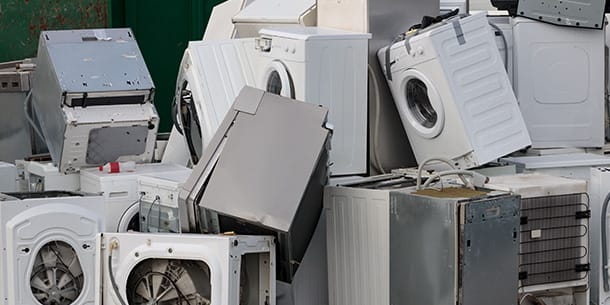
WHITE GOODS
White goods that should not be placed in a skip include refrigerators, these often contain refrigerants that are harmful to the environment. Freezers, similar to refrigerators, freezers contain refrigerants that need to be disposed of properly. Washing Machines, these have electronic components and can include harmful substances. Tumble dryers, like washing machines, dryers may have electrical parts and cannot be disposed of in skips.
Dishwashers, these contain various materials requiring special disposal methods. Air Conditioners, due to the refrigerants they contain, air conditioners must be handled by professionals. Ovens, some ovens have insulation materials that must be discarded appropriately. Microwaves, these contain electrical components and other materials that require careful disposal.
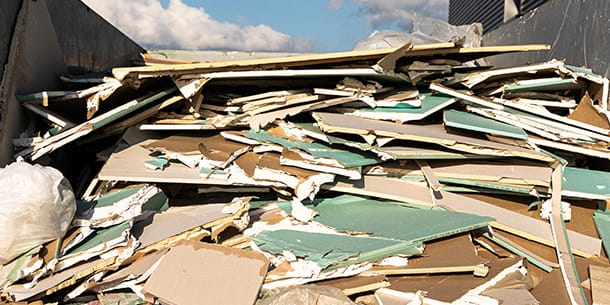
PLASTERBOARD
Under UK law, plasterboard is considered a special waste material due to the potential presence of harmful substances, especially if it has been painted, treated, or coated with chemicals. These materials can release toxins into the environment when dumped in landfills.
Therefore, plasterboard disposal must be managed differently than other types of construction waste. Local councils and environmental agencies have specific guidelines regarding the disposal of plasterboard. A significant restriction is that it cannot simply be placed in a general waste skip. This law is enforced to minimise the risk of pollution and to ensure that recycling processes for plasterboard are in place. Landfills that accept plasterboard are required to handle it differently to mitigate environmental effects.

GLASS
In the UK, it is generally advised not to put glass in a skip due to safety concerns and regulations. Glass can break and create sharp shards that pose a risk to those handling the skip or working nearby. Additionally, broken glass can complicate the recycling process, as it needs to be dealt with separately to prevent contamination of other materials.
Many skip hire companies have specific policies against accepting glass in their skips, and it is crucial to check with your provider before including any glass items. Instead, it is recommended to take glass to a designated recycling facility or bottle bank, where it can be properly processed.
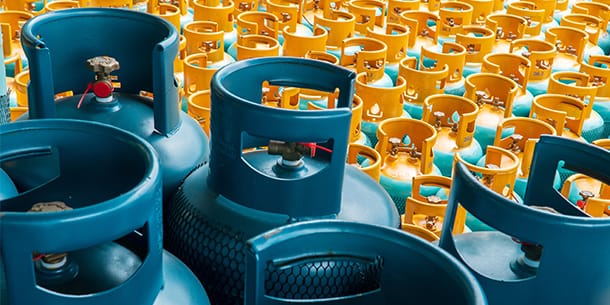
GAS CYLINDERS
In the UK, it is prohibited to place gas cylinders in a skip due to safety regulations and the potential hazards they pose. Gas cylinders are classified as hazardous waste because they can contain flammable or explosive gases under pressure. When disposed of in a skip, these cylinders can rupture or explode, posing a significant risk to public safety and the environment.
Proper disposal of gas cylinders requires specialised handling to ensure they are safely emptied, recycled, or disposed of according to legal and safety guidelines. Typically, this means returning them to the supplier or contacting a licensed waste management company that can deal with hazardous materials appropriately.
Ready to book your skip hire?
Understanding the types of waste streams listed above is essential for responsible waste management. Not only does it help in avoiding potential fines, but it also contributes to environmental conservation. If in doubt, always speak with us first to ensure compliance with local regulations. Responsible disposal of waste is everyone’s responsibility, and being informed is the first step in achieving it.
Network Skips provide skip hire across the UK, click here to book your skip online today.